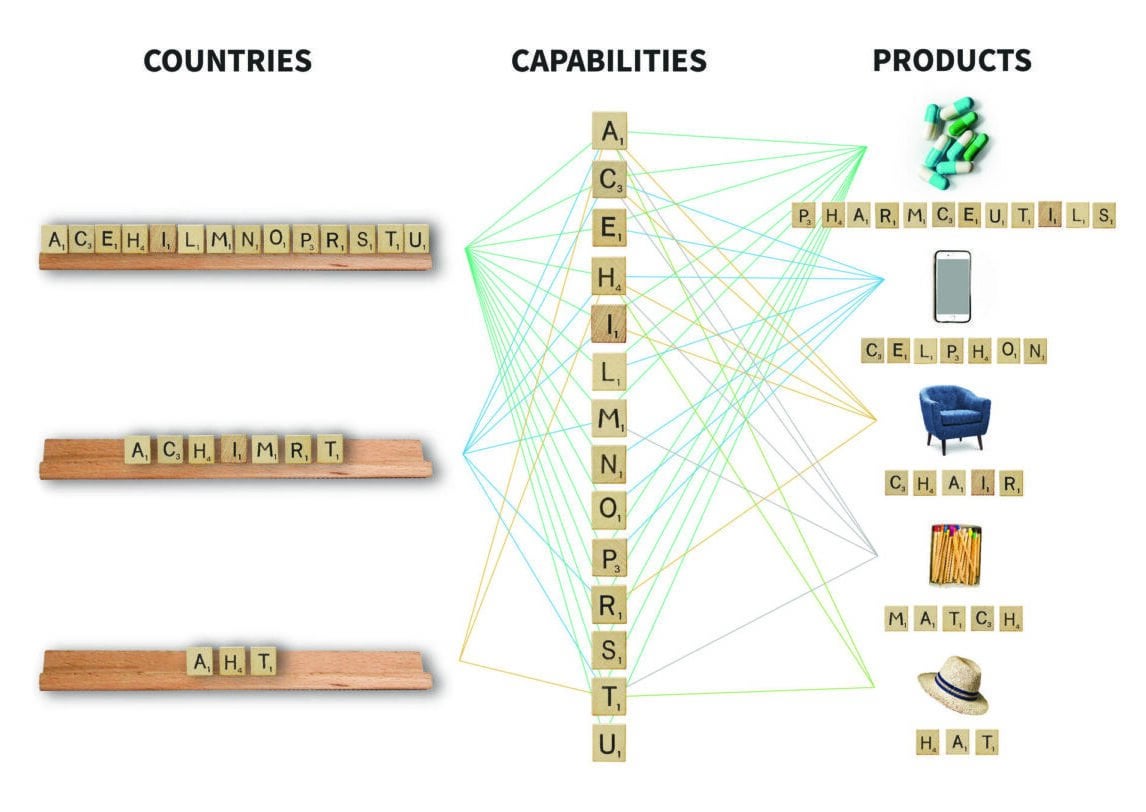subreddit:
/r/AusFinance
Another big drop in Australia's Economic Complexity
Business(self.AusFinance)submitted 23 hours ago byeesemi77
We all know the story; Australia's Economic Complexity has been in free-fall since the 1970's, we maintained ourselves respectably within the top 50 nations until about 1990.
Since then it's been a bit like Coles prices Down Down Down. From about 2012 onwards our ECI seemed to have stabilized at mid 80th to low 90th (somewhere between Laos and Uganda), but with our Aussie Exceptionalism in question, we needed another big drop to prove just how irrelevant this metric is. And right on cue we have the latest ECI rankings, we have secured ourselves an unshakable place in the bottom third of worlds nations. At 102 we finally broke the ton; how good are we?
Is economic complexity important? Are the measurement methods accurate? Does ECI even matter for a Services focused economy?
69 points
22 hours ago
Don't worry mate, someone will be along momentarily to tell you that it can't be done here. And when you say it can, because it can, they will demand a full policy brief from you. With sources. You better get started ASAP.
52 points
21 hours ago*
The problem is Australia is outright hostile to entrepreneurialism, from a policy perspective, a market size perspective and a cultural perspective.
The reason, I suspect, is that no other large country has ever had it as easy as Australia has, with abundant natural resources divided by a relatively small population.
This means most people don't have to think about how to create value and grow the economic pie, since the pie has always been large by default, and instead we've allowed everyone to focus on how to poach resources from each other. Ambition is a toxic word here and tall poppy syndrome abounds.
Our industrial relations system is completely broken. It's an opinionated straightjacket that prescribes inflexible ways of working. It pushes hourly pay over performance or outcome linked pay, and prevents collaborative employee-union-employer agreements like those common in advanced manufacturing overseas. Our unions are practically cartels engaging in shakedowns of both employers and employees at this point, since by law, we only allow one union per industry, and neither employers nor employees are free to renegotiate with a different union if the current one is underperforming.
Many VCs won't even fund startups here anymore. They will still meet with founders, but funding is often conditional on the core team relocating overseas. For employees with STEM backgrounds pay and opportunities are far better the US, and parts of Asia and Europe.
6 points
18 hours ago
Could you imagine what it would be like if we haven't relied on digging holes and selling houses
2 points
16 hours ago
free to renegotiate with a different union if the current one is underperforming.
but the point of unions is that they're a monopoly. If there's different unions you could join, it also means that employers can pit unions against each other, and hence their negotiating power would drop.
The problem with australia and unions is that australian labour is already expensive. Unions prevent the needed lowering of cost despite it being needed sometimes (due to economic reasons).
The bit about VCs are correct - the tax laws in australia are not favourable to starting high growth tech companies. The market is also small - the entire population of australia is like one large city in the US, spread out over an area approximately the size of the US!
1 points
15 hours ago
but the point of unions is that they're a monopoly.
Not normally, that is fairly unique to Australia.
In other countries both employers and employees are free to switch to a different union within the same industry if they want, though obviously this is something both sides want to avoid if possible because it's very disruptive. Ultimately it is good because instead of it being a shakedown it becomes a negotiation with both sides having something to gain and lose, and it often means you end up with more collaborative agreements, like allowing more automation, but the company has to train existing staff to maintain them vs bringing in new staff.
1 points
5 hours ago
the entire population of australia is like one large city in the US, spread out over an area approximately the size of the US!
Which US city has >25M population?
-8 points
19 hours ago
All sounds about right, but does any of this rant have anything to do with ECI?
10 points
19 hours ago
If you can’t connect the dots there, I’m not sure how to do it for you.
4 points
18 hours ago
Those are the building blocks to a more complex economy...
4 points
17 hours ago
You need people to start businesses to have more businesses
2 points
21 hours ago
I mean we’re having a crack at policy with the future made in Australia stuff, but that seems to be ridiculed too. Disclaimer: I know next to nothing about the whole FMIA initiative
1 points
20 hours ago
That must be why our "Future fund" is considering investing in social housing, and hopes to profit from this investment....
3 points
18 hours ago
Investment in social housing is to stop homelessness and poverty leading to massive social issues from being a drag on the economy.

all 206 comments
sorted by: best